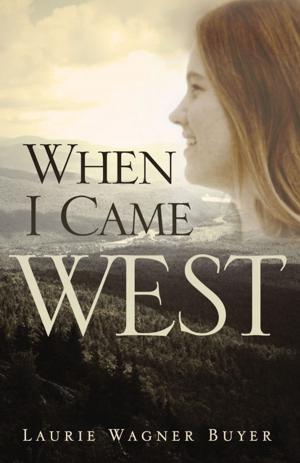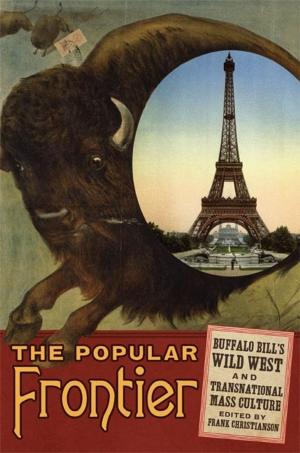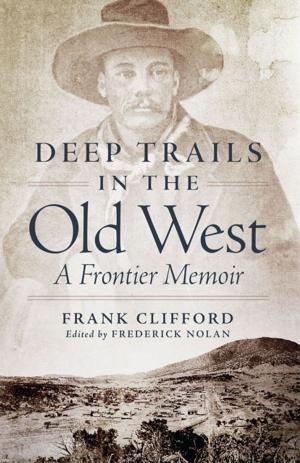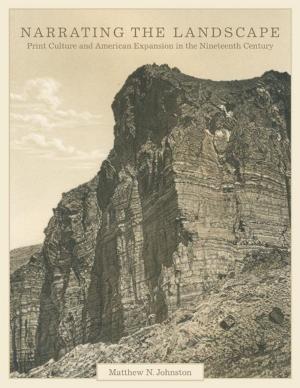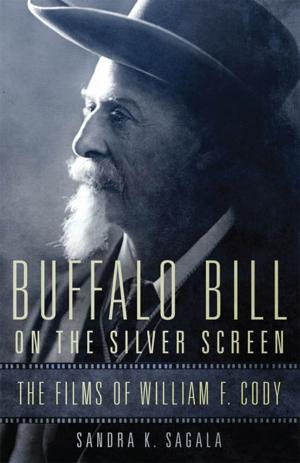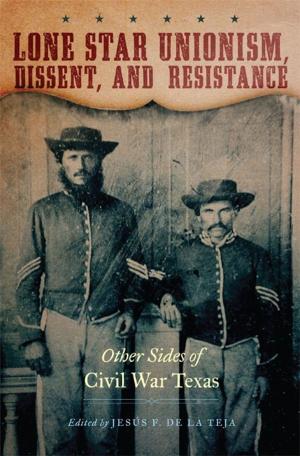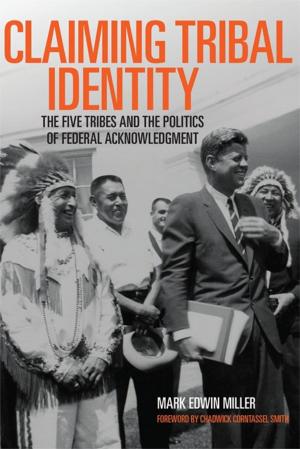Black Spokane
The Civil Rights Struggle in the Inland Northwest
Nonfiction, History, Americas, United States, 19th Century| Author: | Dwayne A. Mack | ISBN: | 9780806147123 |
| Publisher: | University of Oklahoma Press | Publication: | August 20, 2014 |
| Imprint: | University of Oklahoma Press | Language: | English |
| Author: | Dwayne A. Mack |
| ISBN: | 9780806147123 |
| Publisher: | University of Oklahoma Press |
| Publication: | August 20, 2014 |
| Imprint: | University of Oklahoma Press |
| Language: | English |
In 1981, decades before mainstream America elected Barack Obama, James Chase became the first African American mayor of Spokane, Washington, with the overwhelming support of a majority-white electorate. Chase’s win failed to capture the attention of historians—as had the century-long evolution of the black community in Spokane. In Black Spokane: The Civil Rights Struggle in the Inland Northwest, Dwayne A. Mack corrects this oversight—and recovers a crucial chapter in the history of race relations and civil rights in America.
As early as the 1880s, Spokane was a destination for black settlers escaping the racial oppression in the South—settlers who over the following decades built an infrastructure of churches, businesses, and social organizations to serve the black community. Drawing on oral histories, interviews, newspapers, and a rich array of other primary sources, Mack sets the stage for the years following World War II in the Inland Northwest, when an influx of black veterans would bring about a new era of racial issues. His book traces the earliest challenges faced by the NAACP and a small but sympathetic white population as Spokane became a significant part of the national civil rights struggle. International superstars such as Louis “Satchmo” Armstrong and Hazel Scott figure in this story, along with charismatic local preachers, entrepreneurs, and lawyers who stepped forward as civic leaders.
These individuals’ contributions, and the black community’s encounters with racism, offer a view of the complexity of race relations in a city and a region not recognized historically as centers of racial strife. But in matters of race—from the first migration of black settlers to Spokane, through the politics of the Cold War and the civil rights movement, to the successes of the 1970s and ’80s—Mack shows that Spokane has a story to tell, one that this book at long last incorporates into the larger history of twentieth-century America.
In 1981, decades before mainstream America elected Barack Obama, James Chase became the first African American mayor of Spokane, Washington, with the overwhelming support of a majority-white electorate. Chase’s win failed to capture the attention of historians—as had the century-long evolution of the black community in Spokane. In Black Spokane: The Civil Rights Struggle in the Inland Northwest, Dwayne A. Mack corrects this oversight—and recovers a crucial chapter in the history of race relations and civil rights in America.
As early as the 1880s, Spokane was a destination for black settlers escaping the racial oppression in the South—settlers who over the following decades built an infrastructure of churches, businesses, and social organizations to serve the black community. Drawing on oral histories, interviews, newspapers, and a rich array of other primary sources, Mack sets the stage for the years following World War II in the Inland Northwest, when an influx of black veterans would bring about a new era of racial issues. His book traces the earliest challenges faced by the NAACP and a small but sympathetic white population as Spokane became a significant part of the national civil rights struggle. International superstars such as Louis “Satchmo” Armstrong and Hazel Scott figure in this story, along with charismatic local preachers, entrepreneurs, and lawyers who stepped forward as civic leaders.
These individuals’ contributions, and the black community’s encounters with racism, offer a view of the complexity of race relations in a city and a region not recognized historically as centers of racial strife. But in matters of race—from the first migration of black settlers to Spokane, through the politics of the Cold War and the civil rights movement, to the successes of the 1970s and ’80s—Mack shows that Spokane has a story to tell, one that this book at long last incorporates into the larger history of twentieth-century America.

